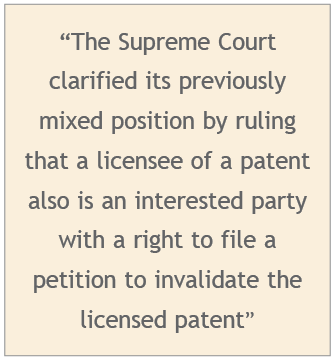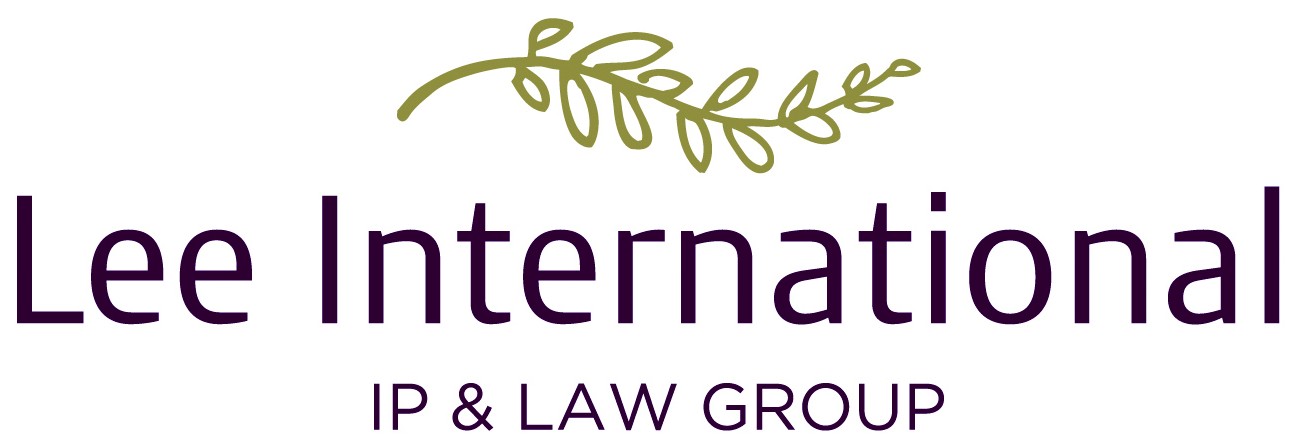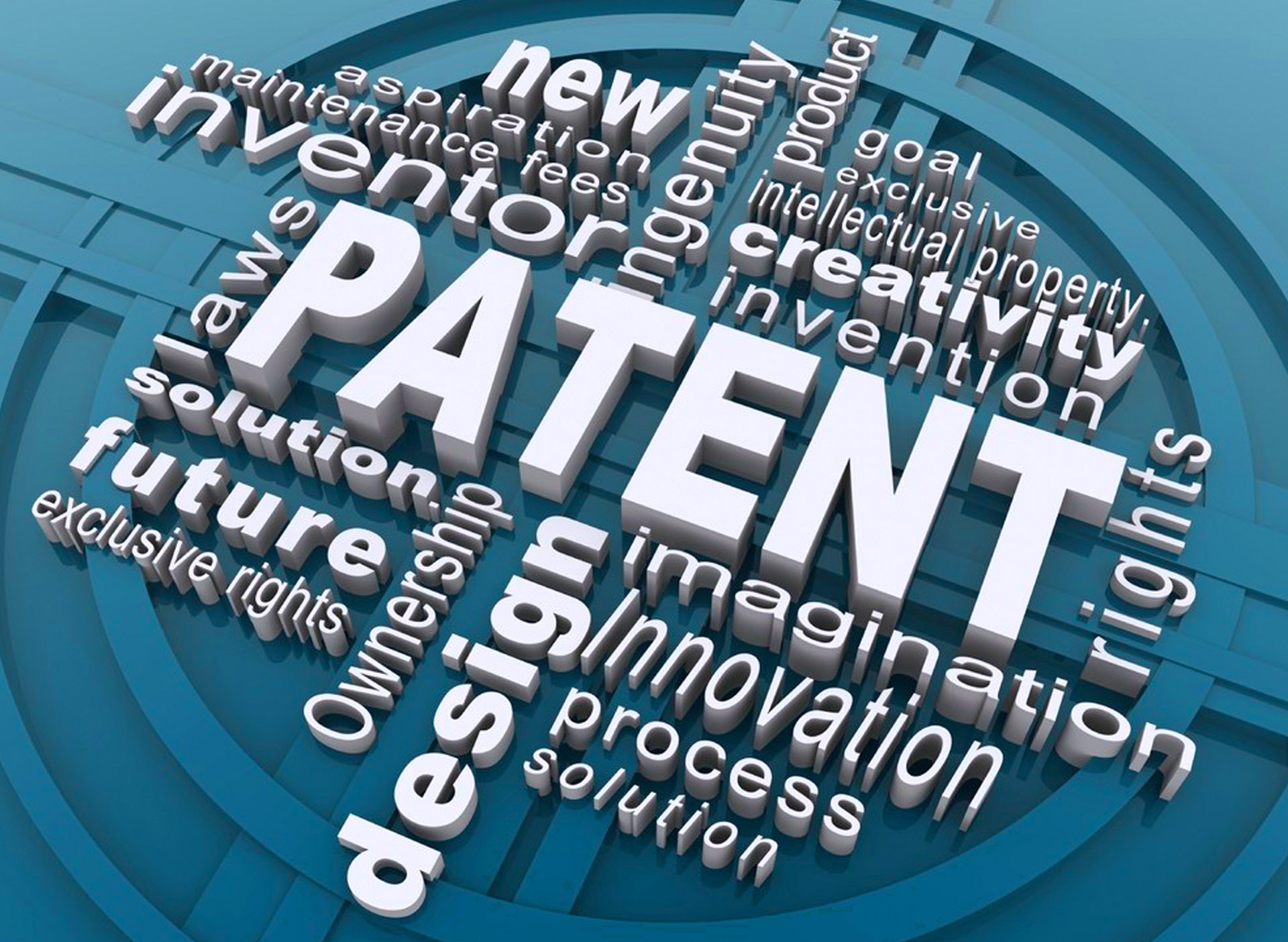 By Hwan-Jun Noh, Lee International
By Hwan-Jun Noh, Lee International
On February 21, 2019, the Korea Supreme Court issued a decision making it clear that a licensee is an interested party who may file a petition to invalidate a patent for which he holds a licence.
Article 133(1) of the Patent Act states that an interested party or an examiner may file a petition for trial to seek the invalidation of a patent. The reason for allowing only an interested party and an examiner to file a petition for such a trial is to prevent wasting the time and administrative resources of the Korean Intellectual Property Trial and Appeal Board in having to address potentially excessive filings of trial petitions. This comes from a principle recognised under the Civil Procedure Act: “No interest, no right to bring an action.” Here, an “interested party” refers to a person who would or might be legally harmed by the granting of a patent on an invention and who would have a direct and practical interest in extinguishing such a patent. This includes any person who produces/sells or intends to produce/sell the same kind of product as the patented invention.
However, it was unclear whether a licensee could file a petition for an invalidation trial. In some invalidation cases, the court ruled that the grant of a licence cannot lead to the loss of an interest which enables the claimant to file a petition for an invalidation trial. But in other cases, decided about the same time, the court denied that a licensee had a recognised interest, stating that a licensee would be free from patent disputes with the patent holder and therefore free from any business loss caused by the registered patent.

In the recent Supreme Court case, the plaintiff was a patent holder and the defendant was a licensee who had a right to exercise the patented invention of the plaintiff. The defendant filed a petition to invalidate the patent on the plaintiff’s invention and the Korean Intellectual Property Trial and Appeal Board upheld the defendant’s right to bring an invalidation action, even though the defendant was a licensee of that same patent. The plaintiff appealed that decision at the Patent Court, but the Patent Court upheld the decision of the Korean Intellectual Property Trial and Appeal Board. The plaintiff then filed a further appeal, arguing that the defendant licensee was not an interested party and did not have the legal right to file an invalidity action against the licensed patent. That appeal was dismissed by the Supreme Court.
In its judgment dismissing the appeal, the Supreme Court clarified its previously mixed position by ruling that a licensee of a patent also is an interested party with a right to file a petition to invalidate the licensed patent. The Supreme Court noted that because a licensee is usually subject to certain restrictions and obligations such as an obligation to pay royalties, limitations as to the scope of the licence, etc, the licensee may be freed from such restrictions and obligations by receiving an invalidation decision on the patent through an invalidation trial. Additionally, the court observed that even when a patent has been improperly granted, it continues to exist validly until an invalidation decision on the patent has been confirmed. Further, even though a petition for an invalidation trial is filed, it will still take some time and expense to get an invalidation decision confirmed. Therefore, notwithstanding defects in the patent, a person who wants to exercise the patent immediately may obtain a licence from the patent holder first, postponing the dispute on whether the patent is invalid.
Unlike other major jurisdictions such as the US, Japan, China and Europe where standing to file a petition to invalidate a patent is quite broad, in Korea the scope of who is considered an interested party with a right to file a petition for invalidation has been quite narrowly construed. This has prevented licensees from filing petitions to invalidate patents. This new case now corrects that, opening the door for more parties to challenge the validity of patents in Korea.

T: 82 2 2262 6059
F: 82 2 2279 5020


